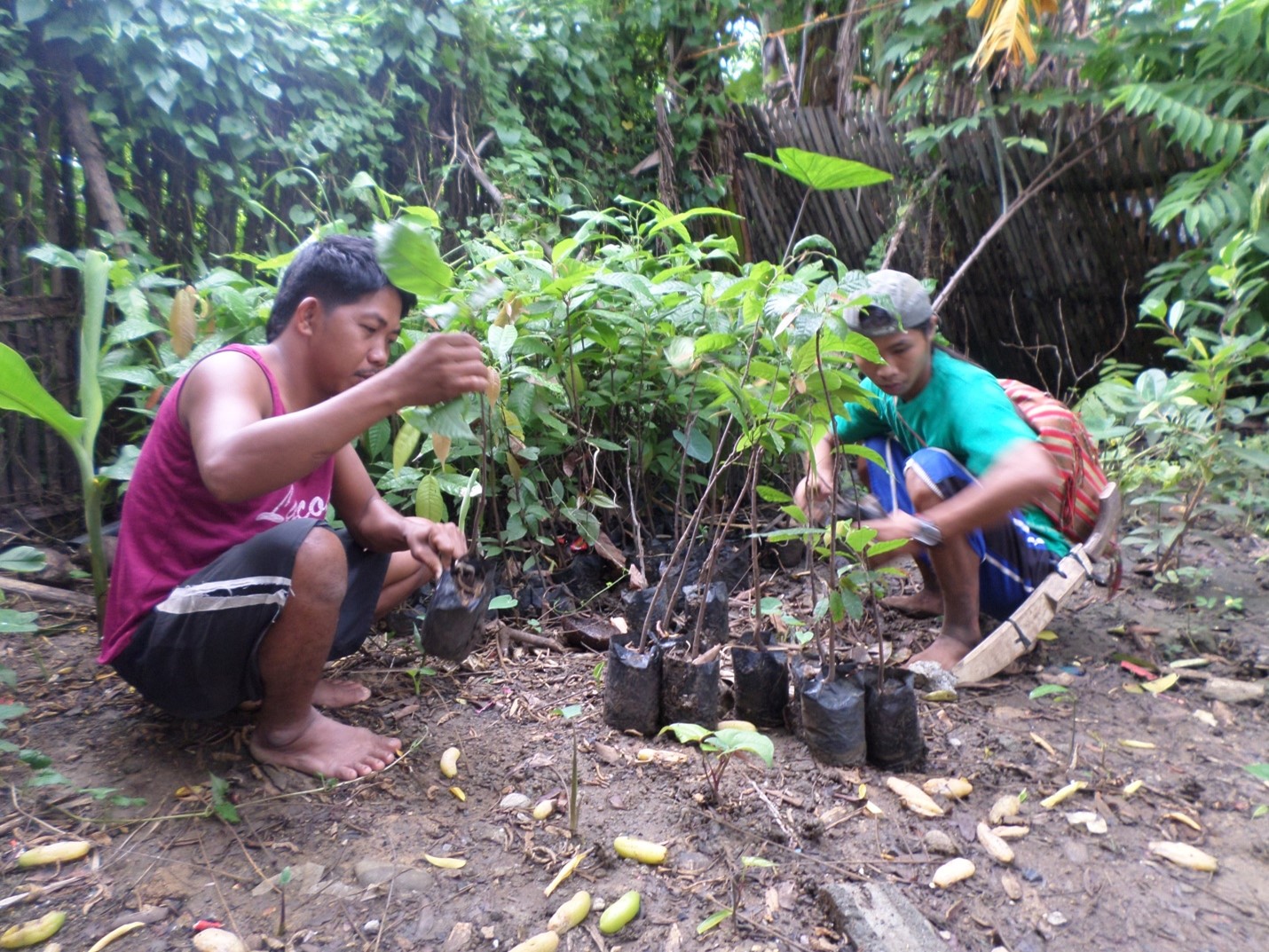



My name is Ike Inggo. My parents do not know how to read and write, but they sent me to school because they believed that education can change my life. They think that learning how to read, write, count, and learning the English and Filipino languages to communicate well with other people will help me survive and end discrimination against us. When I was in primary and secondary school, my pack lunch is composed of sweet potato, banana, sometimes corn grits, and due to poverty, only once a week can I eat rice. In college, I became a scholar of the Mangyan Mission through the help of Fr. Dinter. I graduated BS in Agriculture at MinSCAT in 2005.
I worked with the Mangyan Mission, PCA, DENR, and MAO offices as an Agricultural Extension worker, but only on a contractual basis. I want to get a permanent position in a government office, so I took the board examination for agriculture in 2018. I passed the exam, but until now I am still a job order worker.
In 2016, I organized a Farmer Association called Samahang Pangkabuhayan sa Lagnas (SAPALA) with membership from the ethnic group Hanunuo Mangyan, where I also belong. Hanunuo is one of the seven ethnic groups in the southern land of Mindoro, Philippines. We have our own culture, language, clothing, and beliefs. Farming is part of Hanunuo Mangyans’ everyday living and we practice intercropping and crop rotation based on our culture on shifting cultivation. The people in the community plant traditional varieties of grains, beans, root crops, and bananas for climate change adaptation, mitigation, and food security, but last year was very difficult for them as their crops were damaged by the super typhoon Ursula. Hanunuo Mangyans believe that land is life (Ang Lupa ay Buhay) which is why they protect watersheds and forested areas as part of their ancestral domain and contribution to lessening the effects of global warming. In addition, the forest is their source of medicinal plants and housing materials.
After employing a new generation of farm inputs and technologies in our farming system, SAPALA became a producer of dried cassava, yam bean, ginger, turmeric, avocado, banana, and coconut. However, in March 2020, we encountered problems in selling our products due to prolonged lockdowns because of the COVID-19 pandemic.
But the dream for a better life continues. The youths are sent to school for modular classes and the women are attending training and seminars on gardening, food processing, and other livelihood activities for additional income to alleviate poverty.
Ike Inggo
Philippines

Comments are closed